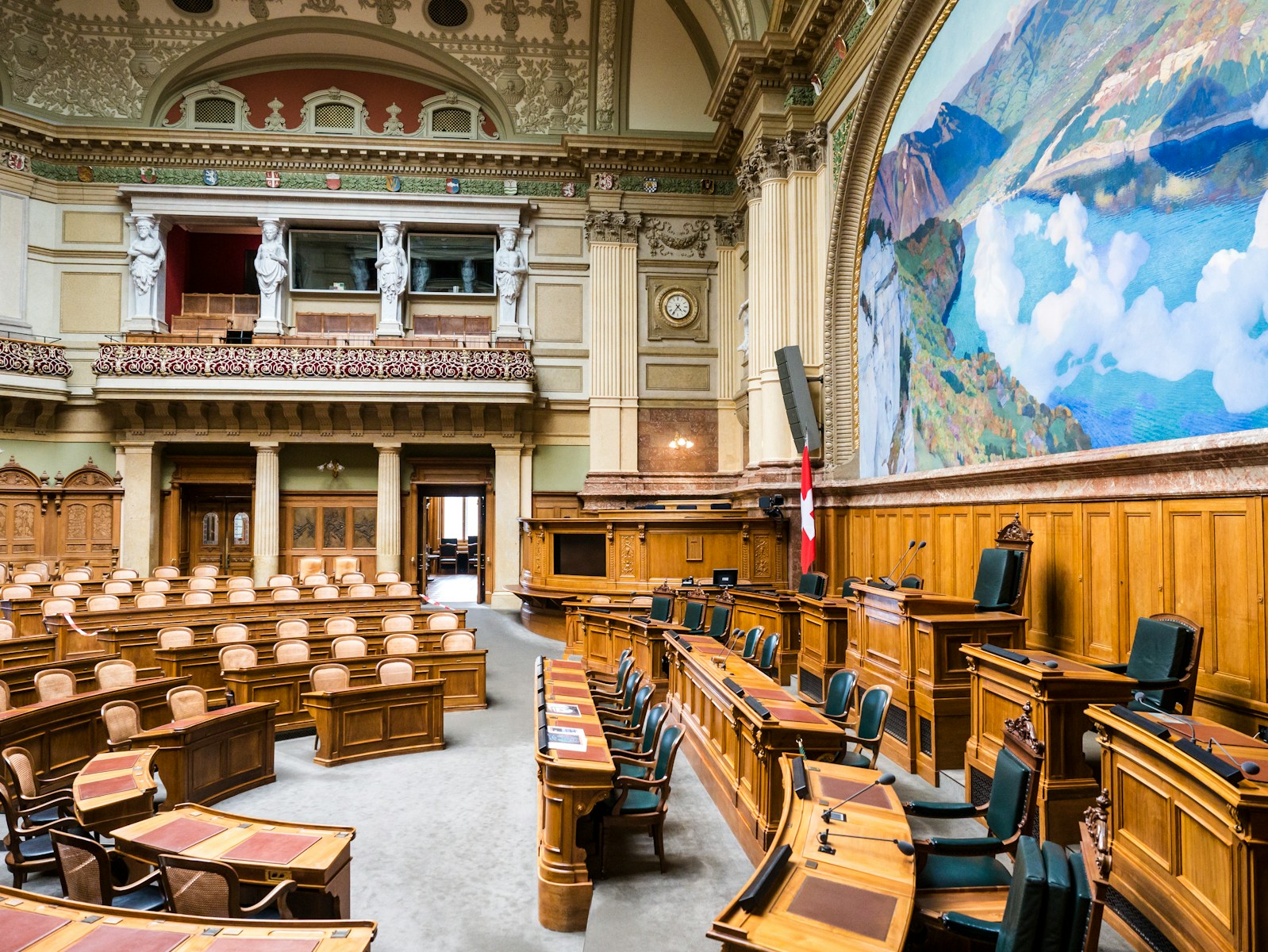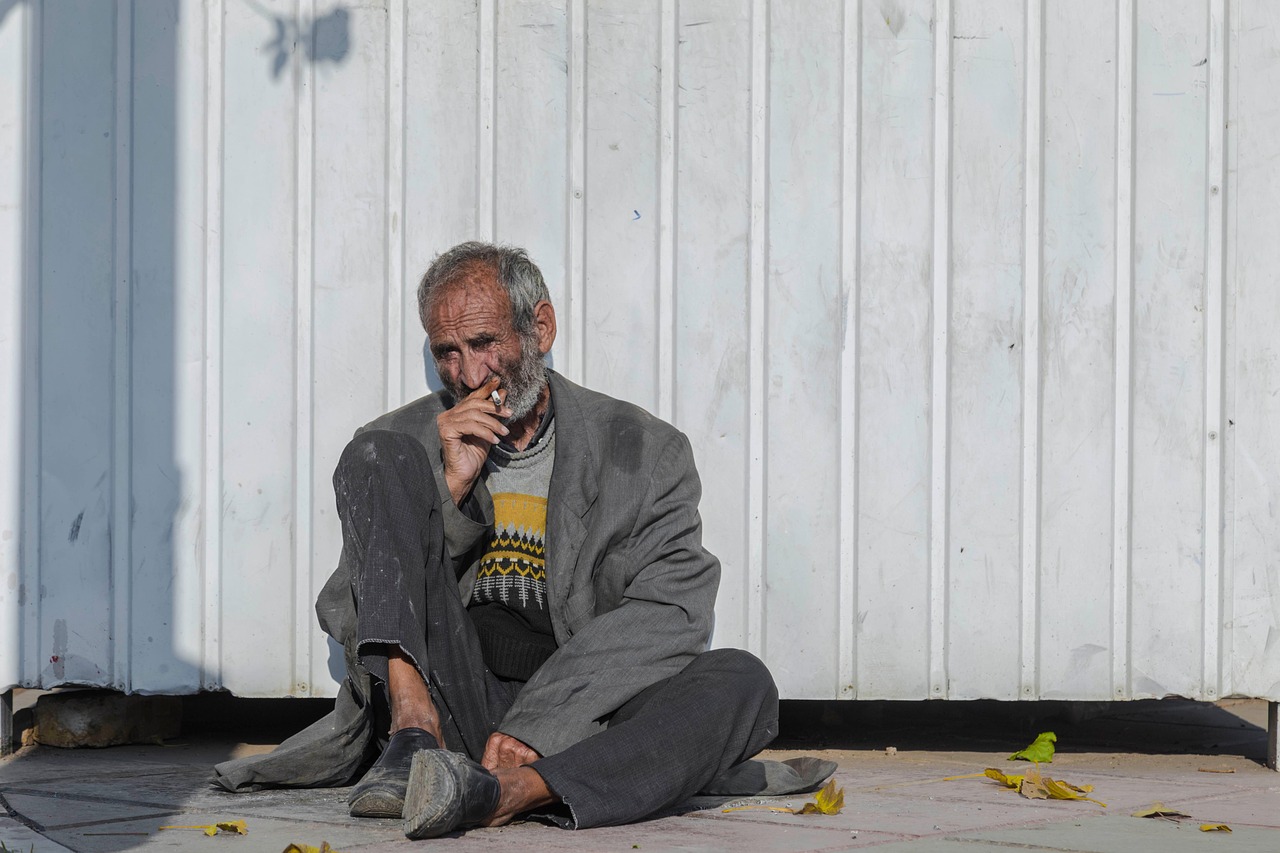Introduction:Lusikisiki trial
The Lusikisiki trial marks a pivotal moment in South Africa’s ongoing struggle against violent crime. Families of victims and the wider community anxiously await justice as the court proceedings resume, bringing hope amidst tragedy. This case, involving a horrific mass murder, has captured national attention due to its brutality and the complex social issues it unveils.
1. Background of the Lusikisiki trial Mass Murder
In a quiet town nestled in the Eastern Cape, the Lusikisiki community was shaken by a gruesome mass murder that left several families devastated. The incident exposed longstanding tensions and highlighted challenges in local law enforcement. Understanding the background of this crime is crucial to grasping the full implications of the trial underway.
2. Lusikisiki trial: Key Suspects and Charges
The trial centers on multiple suspects charged with murder, conspiracy, and related violent offenses. Authorities have presented evidence linking the accused to the crime scene and motive. The defense, meanwhile, contests the allegations, promising a rigorous fight in court. The legal battle will test the robustness of South Africa’s justice system.
3. Community Impact and Reactions
The Lusikisiki mass murder sent shockwaves through the community, leading to fear, grief, and calls for peace. Local leaders and activists have voiced their concerns, urging calm and cooperation with law enforcement. The trial proceedings are seen as a critical step towards healing and restoring trust in the rule of law.
4. Evidence Presented in Court
The prosecution has brought forward compelling evidence including witness testimonies, forensic reports, and digital communications that suggest the involvement of the accused in the planning and execution of the mass murder. This evidence is critical in establishing the chain of events leading to the tragedy.
5. Legal Challenges and Delays
The trial has faced several delays due to legal motions, the complexity of gathering sufficient evidence, and procedural issues. Defense lawyers have argued for dismissals and raised concerns about the fairness of the investigation. These challenges underscore the difficulties in prosecuting high-profile cases in South Africa.
6. The Role of Media and Public Opinion
Media coverage of the Lusikisiki trial has been intense, with news outlets providing daily updates and analyses. Public opinion remains divided, with some advocating for swift justice and others cautioning against prejudgment. The media’s role in shaping perceptions is significant, influencing the social climate around the trial.
7. Support for Victims’ Families
The families affected by the Lusikisiki mass murder have received support from various community organizations and government bodies. Counseling services and financial aid are being provided to help them cope with the trauma. This assistance is crucial in helping the community heal and move forward.
8. Broader Implications for South Africa’s Justice System
The trial is being closely watched as a test case for South Africa’s ability to handle complex violent crimes. It highlights issues such as court efficiency, law enforcement coordination, and victims’ rights. Experts stress that the outcome could influence future policies and reforms. Read more on South Africa’s justice reforms (Department of Justice)
9. Community Calls for Peace and Unity
Local leaders and civil society groups have called for peace and unity in Lusikisiki during the trial period to prevent further violence. Initiatives promoting dialogue and reconciliation aim to rebuild trust among residents. Explore community peace efforts on Voice Mauritius News
10. Looking Ahead: The Path to Justice
As the Lusikisiki trial continues, all eyes remain on the courtroom as a symbol of hope for justice and accountability. The verdict will have far-reaching consequences not only for the accused and victims but also for the confidence in South Africa’s judicial system. The community’s resilience and demand for justice reflect a broader commitment to the rule of law and human rights.
11. Political Reactions to the Lusikisiki Trial
The Lusikisiki mass murder trial has triggered strong political responses across South Africa. Lawmakers from both ruling and opposition parties have weighed in, calling for judicial reform and greater oversight of rural policing. Some have used the incident to highlight the broader problem of state neglect in historically underserved regions.
President Cyril Ramaphosa addressed the tragedy in a recent statement, expressing sympathy for the victims’ families and vowing that justice would be served. However, critics argue that statements are not enough and that structural change is needed to prevent future massacres.
12. The Media’s Role in Shaping Public Perception
South African media has played a pivotal role in keeping the Lusikisiki trial in the national spotlight. Through live coverage, investigative journalism, and expert analysis, the press has ensured that the victims’ voices are not lost amid legal complexities.
This increased visibility has put pressure on legal institutions to operate with greater transparency. Civil society groups have praised the media for uncovering background information about the accused and the possible motives behind the crime. Read more from Mail & Guardian’s coverage
13. Grassroots Activism and Victims’ Advocacy
Grassroots organizations in the Eastern Cape have mobilized around the Lusikisiki case, offering advocacy for the victims’ families and demanding systemic justice. Rallies, vigils, and petitions have highlighted the public’s determination to see a fair and conclusive trial.
One of the most vocal groups, Justice for Lusikisiki, has launched an awareness campaign aiming to raise national attention on rural violence. Their efforts reflect a growing movement that sees justice not only as a courtroom matter but as a community right. Learn more about grassroots movements on Voice Mauritius News
14. Lessons from the Past: Preventing Future Massacres
This trial brings back haunting memories of past rural massacres that went unresolved or mishandled. Analysts believe the Lusikisiki trial is a pivotal moment to assess what has — or hasn’t — changed in how South Africa deals with rural crime.
Experts are urging for better rural security policies, improved mental health support in isolated regions, and more robust local governance. These are essential if tragedies like Lusikisiki are to be prevented in the future. Explore research on rural crime prevention by the Institute for Security Studies
Conclusion
The Lusikisiki mass murder trial is more than a legal proceeding; it embodies the struggle of a community seeking closure and a nation striving to uphold justice. With every hearing, the path towards healing and reform becomes clearer, underscoring the importance of transparency, fairness, and perseverance in the face of tragedy.




